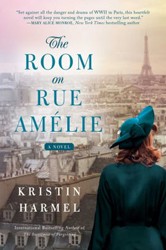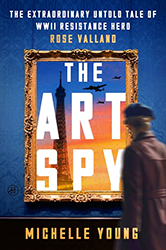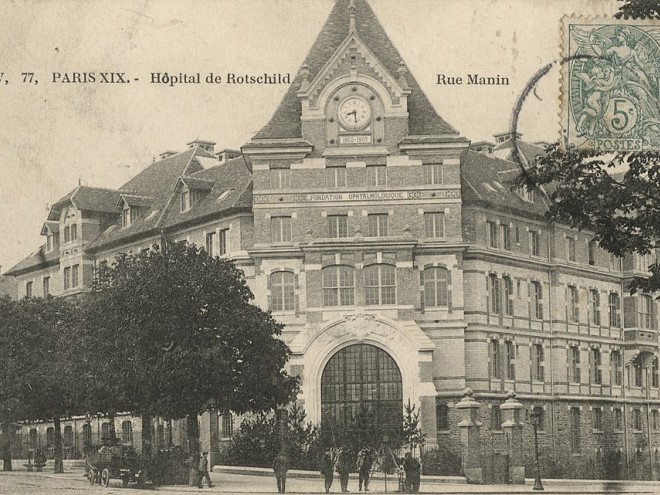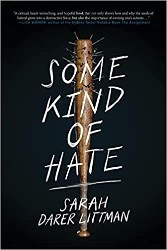Not all wars end the day peace is declared. In Claire Deya’s novel Blast, translated from the French by Adriana Hunter, this immediately becomes clear. Blast takes place in Spring 1945 on the southern coast of France as World War II is nearing its end. The characters not only carry the psychological burdens of personal trauma and guilt; they are also tasked with the still-dangerous cleanup after the fighting is over. The novel focuses on deminers, men who volunteer or, in the case of German prisoners of war, are coaxed and coerced into removing the landmines placed throughout the beaches, roads, and towns of southern France by the German, French, and Allied forces.
Clearing landmines is tense, frustrating, and dangerous, and the men who work at it are there for varied reasons. Fabien, the lead deminer, is a former Resistance fighter. Vincent escaped from a German prison camp and is looking for Ariane, his lost love. Lukas, a German prisoner of war, seeks to escape his imprisonment. To Fabien demining is an ongoing form of resistance but also a form of absolution. “Because everyone felt guilty: for betraying, lying, stealing, abandoning, not measuring up, not joining the Resistance — or joining only at the last minute — for killing a man, or several, for surviving when so many friends had fallen.” While Vincent is obsessively searching for Ariane, he befriends a young Jewish woman, Saskia, who is a Holocaust survivor. Saskia has her own quests — to regain her family home and to discover who denounced her family to the Nazis. As time passes, her search becomes linked to Vincent’s.
Deya has based her novel on careful research, and the details of the mines and their removal are fascinating. Horrifyingly lethal are the monstrous 1400-kilogram sarcophagus mines, and the S.35 (known to the Americans as the Bouncing Betty) which, when triggered, flies into the air and spray steel beads to create a maximum of damage. Each requires a different method to be safely defused or destroyed.
The painstaking job of clearing mines from a beach, of sifting sand square by square, probing for hidden explosives so that life can go on after war is a fitting metaphor for the challenges these wounded characters face. As Vincent muses: “He would have liked his life and his options to have been cleaned in the same way [as the sand], and for the long threads of his memories to glide through his spread fingers in a wonderful, uncomplicated caress. If only it were possible to cleanse the past, to remove all its traps, and disarm all its ignitors waiting to explode.”
But the past can never be cleansed. Deya’s characters have been changed by the war and their trauma cannot be easily discarded. At the novel’s end, the survivors somehow find the strength to rebuild as the almond trees bloom along the Mediterranean coast. Blast reminds its readers of the grim history that lies beneath the flowers, the vivid blue ocean, and the sandy beaches of the Côte d’Azur.





